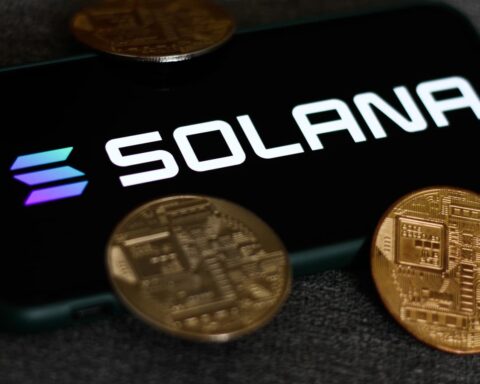In a recent discussion at the BIS Innovation Summit on May 7, JPMorgan‘s Onyx blockchain-based payment platform CEO, Umar Farooq, highlighted the inadequacies of public blockchains for managing large transactions.
He stated, “I think you almost need something like [a Unified Ledger]. I mean, it’s actually almost a necessity because if you look at […] public blockchain ledgers, they are not fit for purpose for large transactions today.”
Farooq’s comments were in response to the Unified Ledger, a concept introduced by the Bank of International Settlements (BIS) aimed at facilitating central bank money flows, tokenized deposits, and digital assets on its network.
He elaborated on the risks associated with public blockchains, pointing out the lack of accountability in cases where substantial transactions fail.
“Who do I sue? […] You need to get somewhere where people can do trusted transactions between financial institutions with some sort of accountability in the system,” Farooq emphasized.
Despite criticizing public blockchains, Farooq leads a platform that operates as a private, permissioned version of Ethereum, the second-largest public blockchain.
This private chain variant allows for transaction reversals, differentiating it significantly from its public counterparts.
Additionally, Farooq critiqued the incentive structures of cryptocurrencies on public blockchains, which he believes are designed to increase user numbers and thus the price of the coins.
READ MORE: Grayscale Bitcoin Trust ETF Sees First Day of Net Positive Inflows Since Spot Bitcoin ETF Conversion
He suggested that blockchains should evolve to be seen more as a public good rather than mechanisms for financial gain: “We need to get to an evolution point where the technology starts to be seen as a public good versus as a means to enrich.”
In contrast to JPMorgan’s preference for private blockchain solutions, other traditional financial institutions seem to favor public blockchains for asset tokenization.
Celisa Morin, former vice president of platform distribution at Grayscale, indicated that entities like BlackRock are increasingly interested in public blockchains for these purposes.
Morin stated, “I think we see a preference for private chains with JPMorgan’s Onyx. But I do think that this was the narrative a few years back. Now, I think it’s very much the public blockchains.”
Highlighting the growth of public blockchain utilization, BlackRock’s $100 million tokenized “BUIDL” fund, launched on the Ethereum network on March 18, now holds over $382 million, making it the world’s largest tokenization fund, according to Dune data.
To submit a crypto press release (PR), send an email to sales@cryptointelligence.co.uk.




